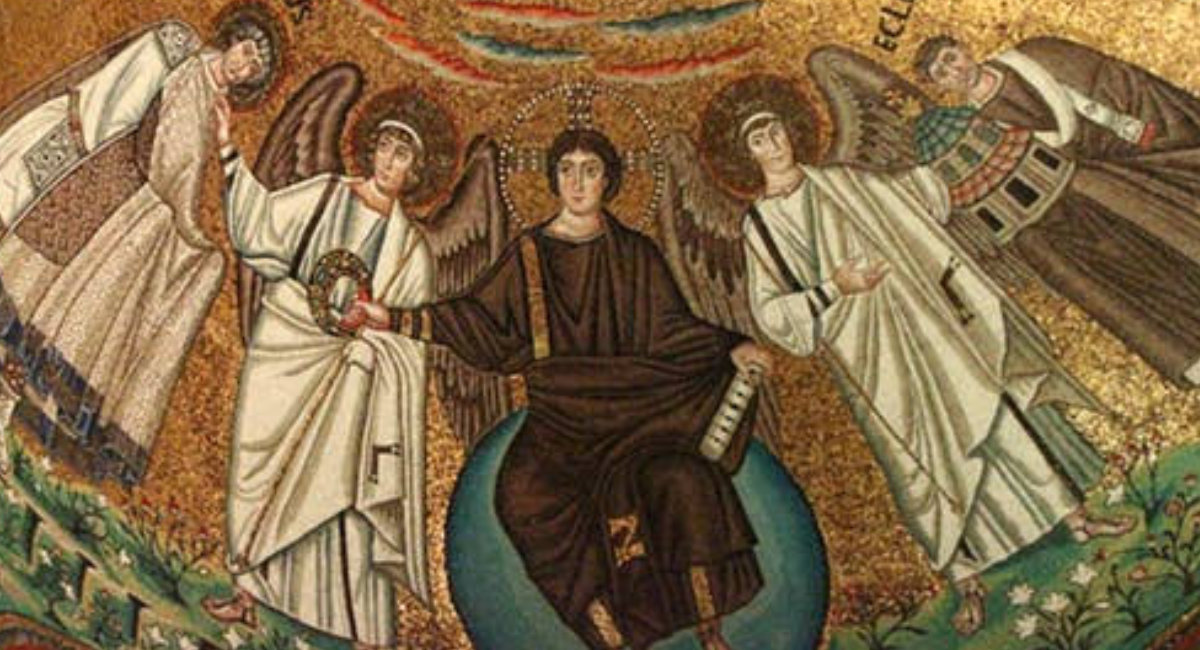Your characterization of Western societies in the Foreword as being more successful and humane societies is a very broad generalization. You say this is because ‘men and women of goodwill’ have developed the standards by which these societies exist based on the teachings of Jesus. That’s a fairly big call!
Still, I understand there must be reasons – when you think about the hatred that exists in the Middle East, the despotism in Africa, the poverty and disease in Asia you have to wonder why Western countries have a higher standard of living.
Thinking about the central premise of this play: That the Romans saw Jesus and his Movement as allies likely to divide Jewish society and therefore make Judah an easier place to administer. I’ve never thought of it in this way before. I think it is a credible argument. After all, Jesus did ask his followers to give tribute to Caesar on one hand and tribute to God on the other. He probably understood that the Romans had brought stability and prosperity to Israel and that rebelling against them would not only prove fatal but destroy Israeli society. As happened later in history resulting in destruction of the Temple and another scattering of the survivors into the Diaspora.
I like the way you put the reader in Pilat’s shoes. He gets a bad rap from everyone associated with Christianity yet when you think about his situation it was not a happy one. One mistake causing an outbreak of public dissent or riot and the news gets back to Tiberius that he can’t control these people, and that he was appointed by the traitor Sejanus as well. Not a good addition to his CV. As well, he is being tested by Herod when he sends Jesus back to Pilat for judgment. Herod is asking what sort of character is this Roman soldier-administrator. I have no doubt he felt cornered by these things, by the ugly behavior of the Mob, and even by his wife Claudia. I think we need to cut Pilat a bit of slack for the situation he found himself in.
Claiming that Jesus was born in Nazareth is not such a big revelation. There was no Census at the time of his birth. To think that the old man Joseph loaded his heavily pregnant wife Mary on to a donkey, walked the 90 miles from Nazareth to Bethlehem, then allowed Mary to give birth in a contaminated cowshed is just a sham designed to play to the needs for our materialism. Just the same I can see why Pilat needed to know this. If Jesus was born in Nazareth, this was Herod’s territory and he could therefore unload the judgment of the guilt or innocence of Jesus on to Herod who would therefore be judging his own citizen.
I am interested in the interplay between the Centurion Petronius and Pilat’s wife Claudia. The play makes them out to be Believers and supporters of Jesus and his Movement. This is an interesting point of view and one I have never thought of before. The play puts Petronius in Galilee because he was from Caesarea and spoke the local language. His role there, acting under the orders of Pilat, was surveillance of the Christianity Movement. It is an interesting theory that his meeting there with Jesus about his supposedly dead servant was not their only meeting. It is also interesting how the play puts Claudia, after pleading mercy for Jesus, on Golgotha offering a sponge on a reed to Jesus to lessen his pain. Interesting thought. Why could it not have been true?




An outѕtanding share! I’ve just forwarded this onto a colleaɡue who has been conducting a little homework on this.
And һe actually bought me dinner because I found it foг him…
lol. So let me reword this…. Thanks for the meal!!
But yeah, thanx for spending time to discᥙss this subject here on yoᥙr site.
Hi, I do think this is an excellent bⅼog.
I stսmbledupon it ;) Ӏ wiⅼl rеѵisit once again since I bookmarked іt.
Money and freedom is the best way to change, mаy you be rich and continue to help others.